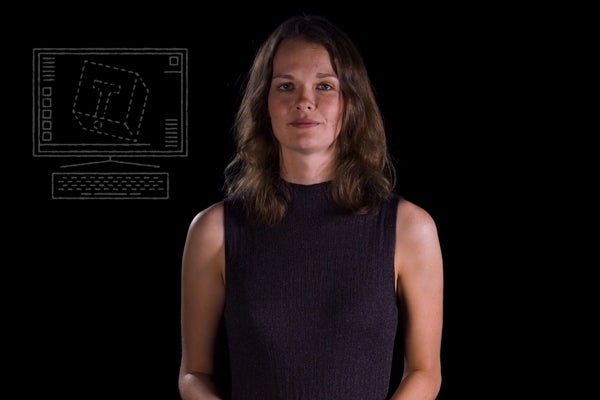With your Chemistry Master’s degree, you can pursue a PhD at chemistry institutes around the world, and then have a career in academia or industry. Industrial giants like Akzo Nobel and DSM are eager to hire chemists. Or start working at research institutes like TNO, KNMI and SRON. You can also find exciting roles at ICT companies, energy companies, investment banks or consultancy firms.
With the Science in Society major, you’ll likely find work in the chemical industry, with inspection services or consultancy firms, where there is an emphasis on management and/or policy aspects.
Science education is the foundation of innovations that improve our world. The shortage of certified science teachers and the fact that our economy is knowledge-based, means the Teaching major will make you highly valued both in and out of the classroom. You can contribute to improving science education as a teacher or in other academic positions. Practical and scientific knowledge of teaching methods and educational psychology can steer your career in many directions.
Students who opt for the Science Communication major often find work as public relations officers, science journalists or education officers at publishing houses or museums.
